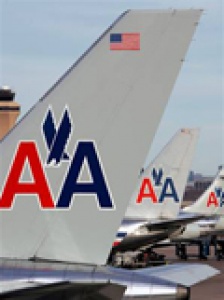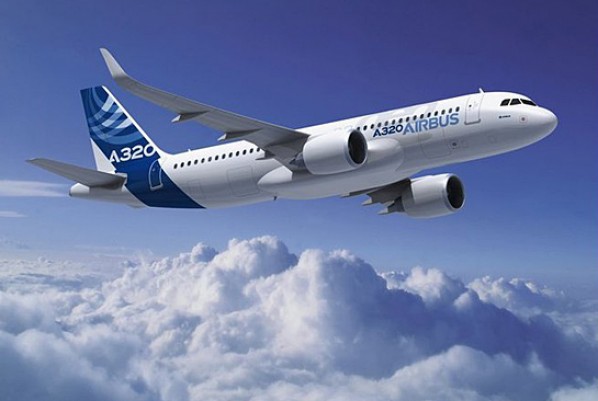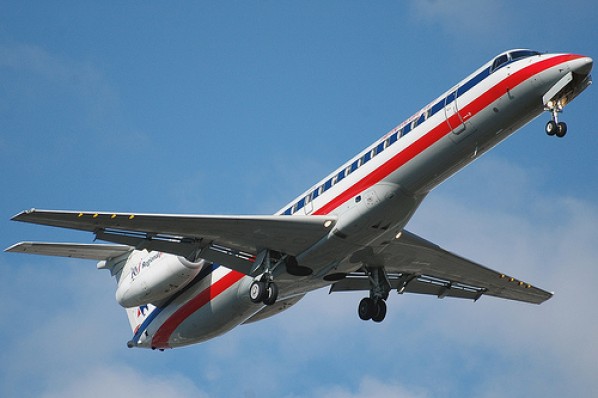American Airlines signs largest ever aircraft orders

American Airlines has signed a multi-billion dollar deal with Boeing for the purchase of 200 narrowbody aircraft, including 100 Next-Generation 737s.
At the same time, the Fort Worth, Texas-based carrier signed a firm contract to acquire a total of 260 Airbus A320-family aircraft, ending more than 20 years Boeing monopoly at American Airlines.
In total American has signed deals for a total of 440 aircraft, with future purchase rights for 465 more.
Based on average prices, the retail value is about $38.5 billion, with the deal including $13 billion of committed financing from the planemakers on the first 230 jets.
Boeing
Following negotiations, Boeing will now add new engines to its 737, a step the US manufacturer had been resisting in favour of developing an all-new plane.
The airplane would now be powered by CFM International’s LEAP-X engine.
“This agreement highlights our focus on investing in our fleet for the benefit of our shareholders, customers and employees,” said Tom Horton, president, AMR Corp., the parent company of American Airlines and American Eagle.
“The addition of these Next-Generation 737s will play a critical role in replacing our narrowbody fleet with more fuel-efficient aircraft offering state-of-the-art customer features.”
American Airlines’ current fleet of more than 600 Boeing airplanes includes 156 Next-Generation 737-800s delivered to date.
“American Airlines is an industry leader whose vision and disciplined approach to growth has made it one of the largest airlines in the world,” said Boeing Commercial Airplanes president Jim Albaugh.
“This agreement will provide American Airlines with the most capable airplanes in the narrowbody marketplace and continue to deliver industry leading economics.”

American Airlines has become an Airbus customer for the first time in over 20 years
Airbus
American Airlines last ordered Airbus planes in the late 1980s and declared in 1996 Boeing would be its exclusive airplane provider through 2018 – making today’s deal a major coup for the European manufacturer.
Shares in Airbus parent EADS cruised to their highest level in nearly four years following news of the deal.
The contract calls for the airline to take delivery of A319s, A320s and A321s, with 130 featuring Airbus’ New Engine Option (neo).
All 260 aircraft will feature large, fuel-saving wingtip devices known as Sharklets.
American Airlines plans to announce its choice of engines to power the aircraft at a later date.
“We are extremely proud and gratified once again to count American Airlines among Airbus’ global customers,” said Airbus president Tom Enders.
“The order by American represents a strong endorsement of our constantly improving single-aisle product line.”

American Eagle will be spun off or sold by American parent AMR
American Eagle
In a busy day, AMR Corp also confirmed it expects to spin-off regional carrier American Eagle.
However, the sale of the airline - which carries passengers from smaller cities to American Airlines hub airports - has still not been completely ruled out.
AM hopes that buy making American Eagle an independent company it will be able to compete to provide regional service for other big airlines and grow larger.
“We believe a divestiture of Eagle would be in the best interests of AMR and Eagle, as well as our shareholders, customers and employees,” said Arpey.
“Strategically for AMR, it would be beneficial, as we could, over time, diversify our regional feed with additional regional airlines to ensure we have access to the most competitive rates and service.
“A divestiture could provide Eagle an opportunity to vie for business of other mainline carriers and allow the carrier to grow.”
Financial Losses
Finally, American Airlines also released its financial results for the second quarter today.
The only major carrier not to make a profit in 2010, AMR Corporation reported a net loss of $286 million for the second quarter of 2011, or $0.85 per share, compared to a net loss of $11 million, or $0.03 per share, in the second quarter of 2010.
“This past quarter was challenging in many respects,” added Arpey.
“We remain acutely focused on taking the necessary steps to manage through our near-term challenges while continuing to lay the foundation for long-term success.”

